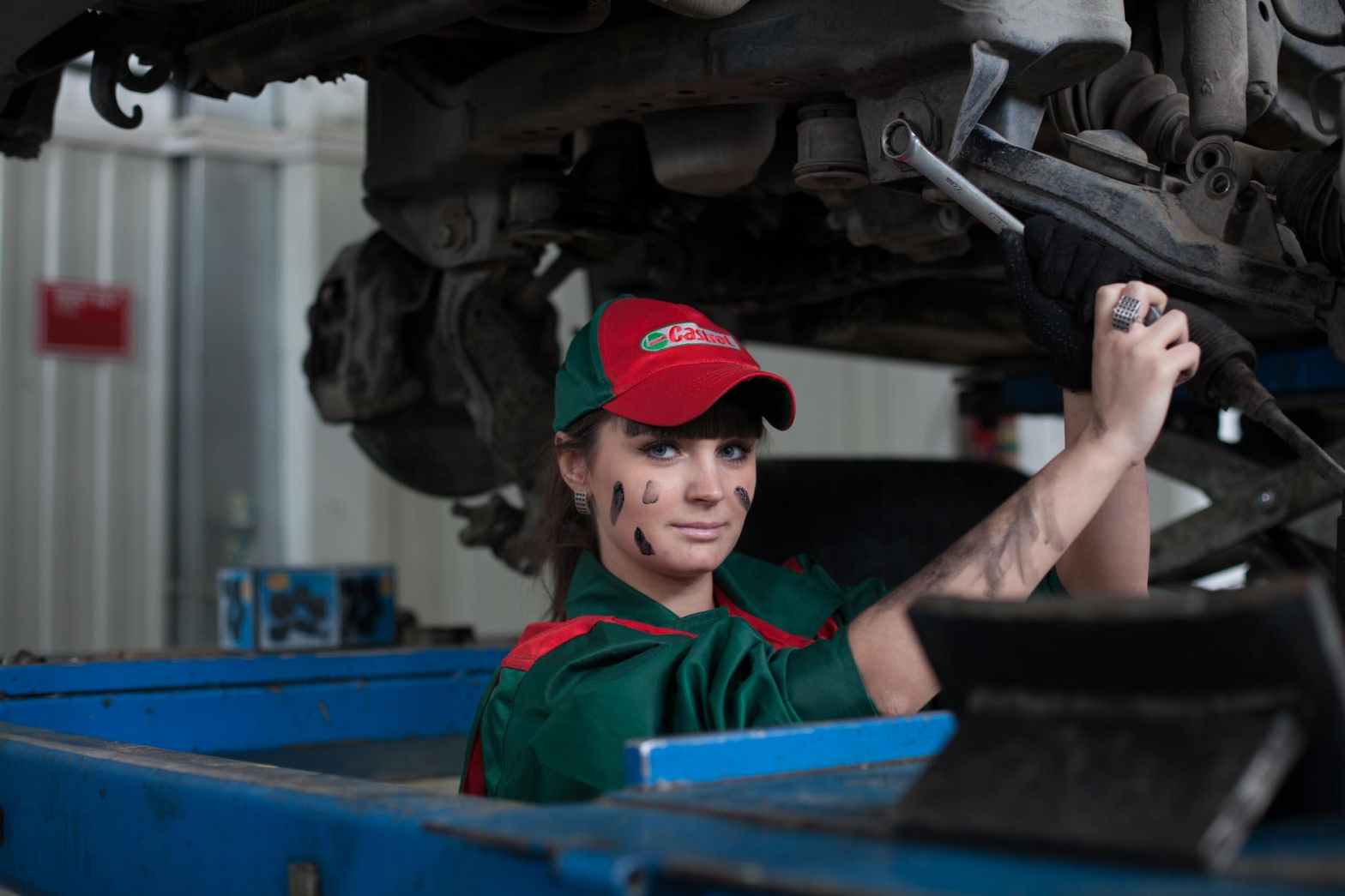Nele van Campfort is a political economist, sustainability expert and entrepreneur specialising in ESG analytics and innovation for industrial decarbonisation.
4 reasons why tribology matters in the Net-Zero Race
Tribology, the study of friction, wear and lubrication, is a well known field of study in mechanical engineering. Yet, for non-engineers, this is a rather unknown topic, and its importance is not always well understood.
But as soon as economists and CFO’s start understanding that increasing focus on friction, wear and lubrication in manufacturing processes can make significant wins in improving products, extending product lifespan, and reducing energy costs, they will likely start paying closer attention. Even more because there are 4 interesting trends to be observed in the field of tribology, all of which are directly related to the Green Transition in industrial manufacturing.
![Oil Boom 2022: U.S. Oil Price Tops $90 For First Time Since 2014 [Updated]](https://www.tribonet.org/wp-content/uploads/2023/02/oil-boom-2022-u-s-oil-price-tops-dollar90-for-first-t.jpeg)
1. Booming energy prices
Due to the recent booming energy prices, demand for tribology expertise is steadily on the rise.
This should not come as a surprise, since an ASME (American Society of Mechanical Engineers) study indicates that energy savings through tribology research and development including turbomachinery, and industrial machinery and processes could well exceed EUR 46 billion per year.
Peter Jost, a British mechanical engineer who coined the term “tribology” estimated in 1966 that up to 3% of a developed country’s GDP could be saved by improved tribology practices. Moreover, he confirmed in a 1981 article on the subject that “16,25 billion USD per year could be saved by energy conservation through tribology”.
And in a more recent article of 2019, researchers concluded that recent advances in new materials, lubricants, and design changes could reduce energy losses by 18–40%, mainly resulting from friction and wear. In conclusion: increasing focus on tribology is a major low-hanging fruit in many industry applications.

2. Electrification
The automotive industry has long been specializing in tribology for its parts, lubricants and coatings, but also for its assembly lines. But in recent years the industry has seen a rapid acceleration in the shift from internal combustion engine (ICE) to electric vehicles (EV).
While the shift from ICE to EV is bringing about major efficiency improvements through friction reduction of the bearings, this shift also brings in a whole new range of wear and friction challenges, not in the least related to the electric drivetrain: much higher rotational speeds and the added complication of electrical fields that may cause EDM (Electrical Discharge Machining) damage are major challenges to be solved before affordable and durable electric vehicles can become more mainstream.
Related topic to electrification is renewable energy through wind: This is also an industry that is seeing a growing demand for tribology research and testing : avoiding premature failure of components to reduce maintenance costs, and an increase of their efficiency to increase energy output, are the driving factors.

3. Industry 4.0
Increased automation through robotics has made tribology even more critical to manufacturing processes, since many types of sliding and rolling bearings are used in this processes. And friction is a major consideration for robot designers.
As production automation is bound to continue, there are also increasing opportunities for reshoring, as dependence on low-cost labor is reducing in relevance. An increase in demand for tribology specialists is bound to continue.
Another notable example is additive manufacturing, because the tribological properties of the materials that are used to make filaments for 3D printing or FDM (Fused Deposit Modeling) and on end-products produced by FFF (Fused Filament Fabrication) or SLS (Selective Laser Sintering) are as yet quite unknown.

4. The Circular Economy
Last but not least, environmental considerations are also increasing the importance of the tribology discipline: there is a whole new field emerging on the topic of making lubricants “natural” (biosoursed) and/or biodegradeable, or the tribological properties of environmentally friendly coatings.
This topic is growing in importance because there is an increasing societal desire to apply the principles of the circular economy and therefore taking a “cradle-to-cradle” approach to biochemical components. Tied to this is the need to increase life expectancy of consumer products. This also brings about an additional need for tribology tests.
Moreover, as manufacturers will shift their business model towards “product-as-a service” (take Rolls-Royce’s “power-by-the-hour” example as a best practice), they will have a growing incentive to improve product longevity, because products that last longer can be rented or leased for longer. Eco-design will be in their own interest, and planned obsolescence could soon become a problem of the past.
The discipline of tribology is an obvious area of focus for R&D departments that aim at extending product lifetime.

Conclusion
The transition to a carbon neutral, zero-emissions and digital European industry raises the stakes for Tribologists and tribology testing experts. Material suppliers, processing and manufacturing firms and coating specialists better start upskilling their CFO on the topic so that their firms start investing in additional expertise or partner up with specialists. Tribology will become no less than a hygiene factor for companies that want to win in a Green and Digital Europe.



Be the first to comment